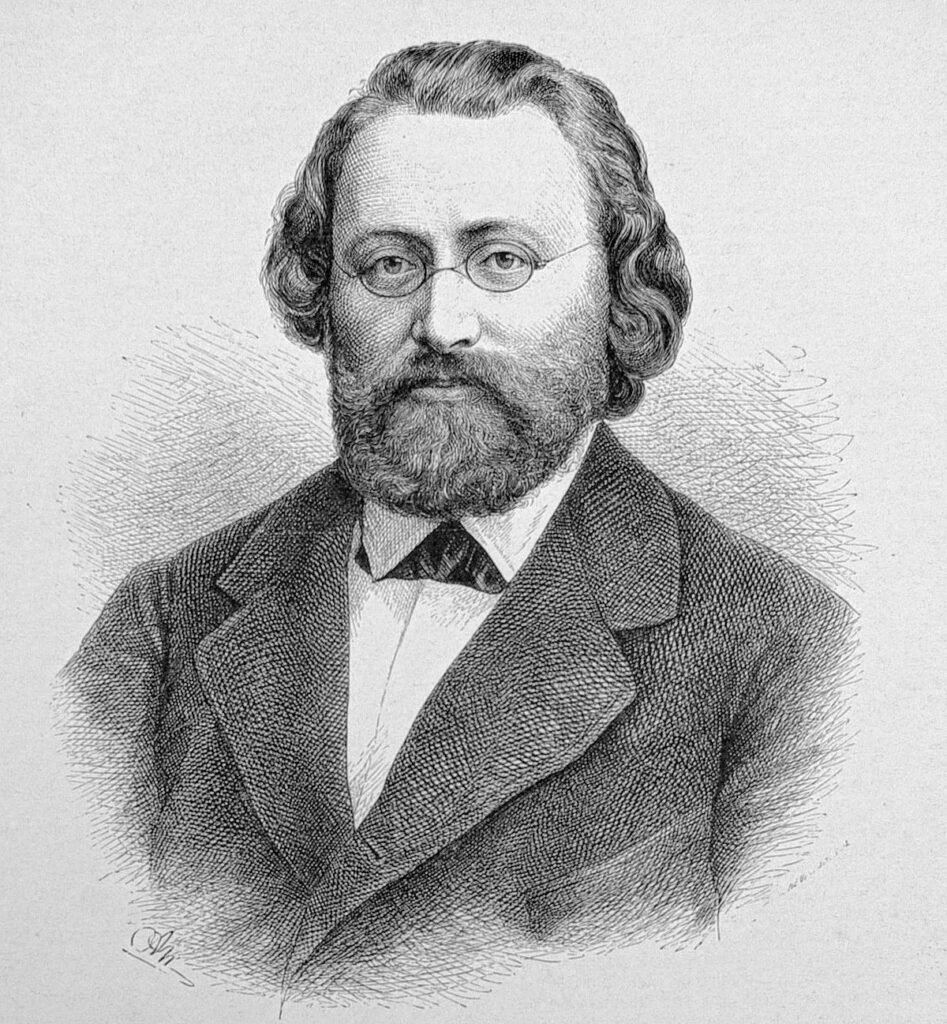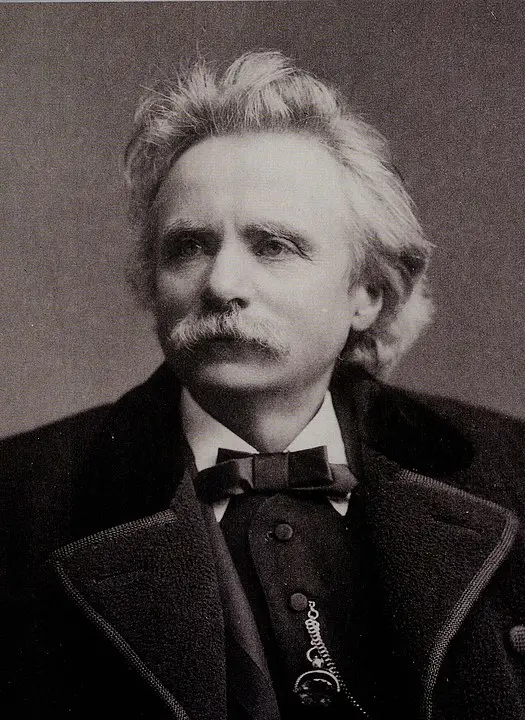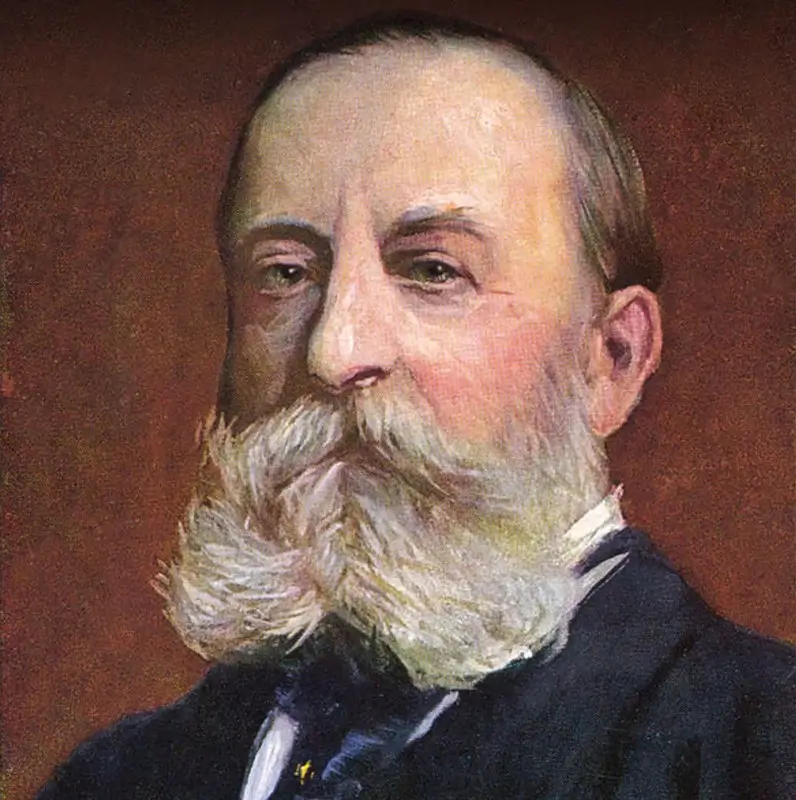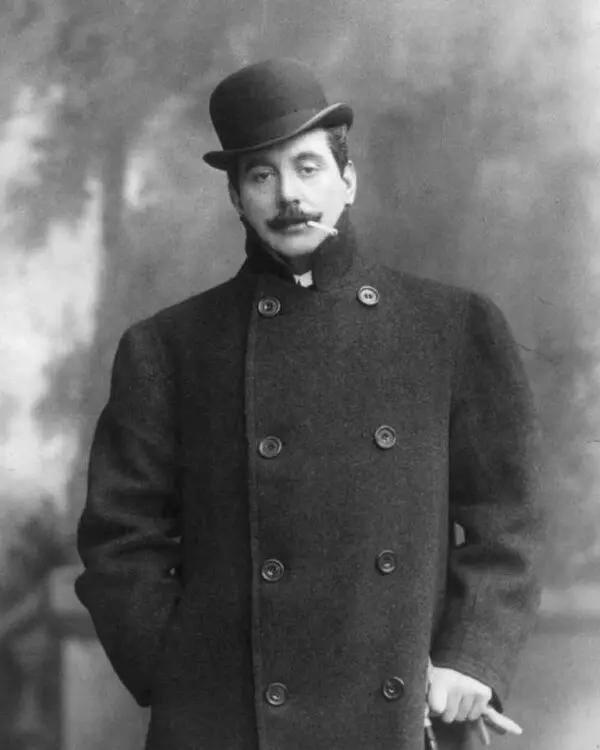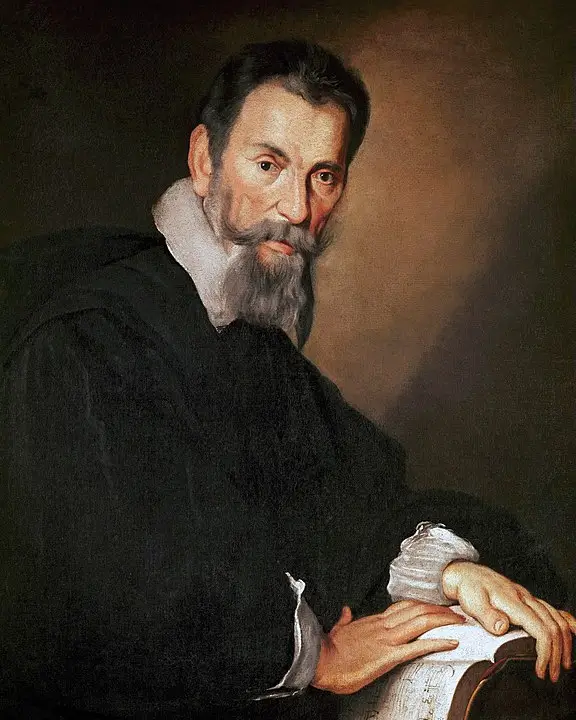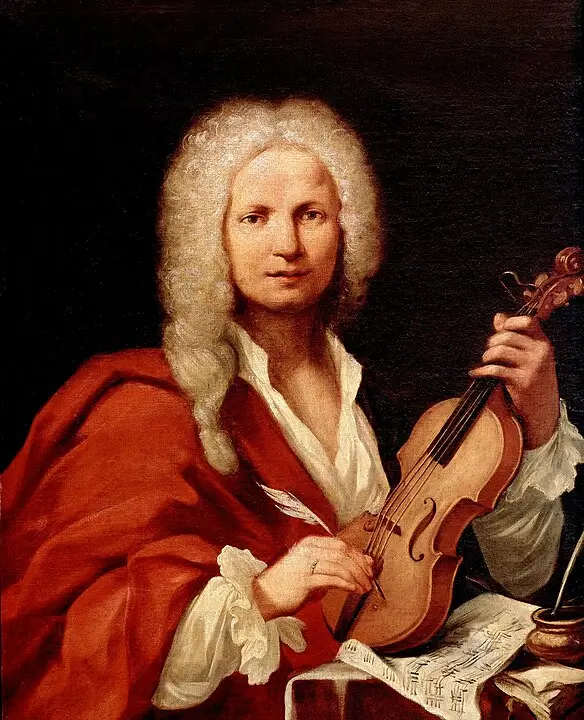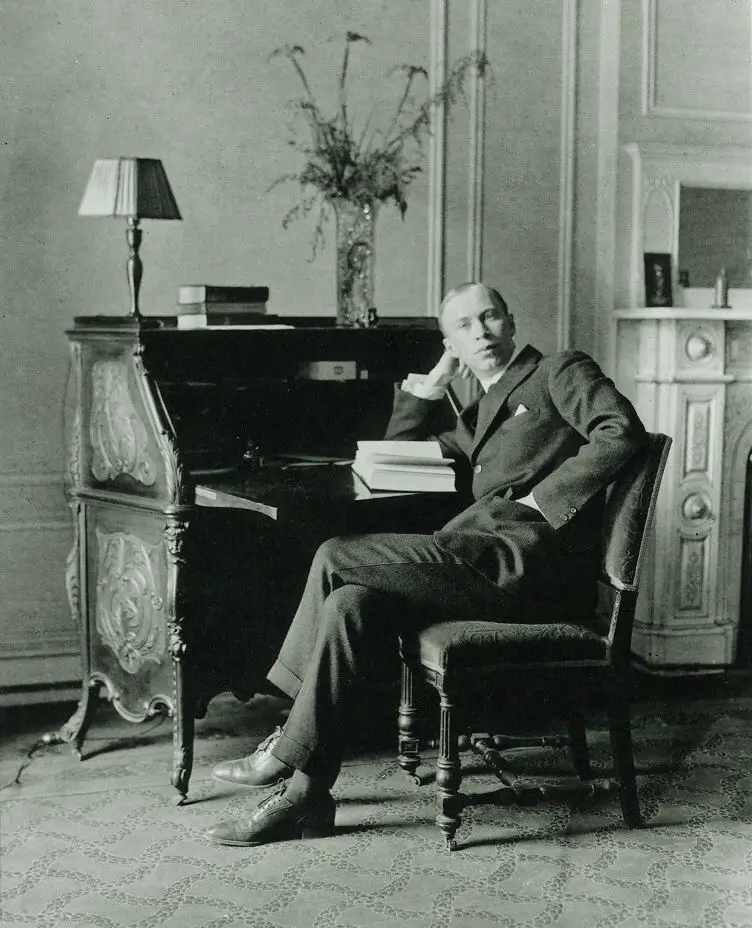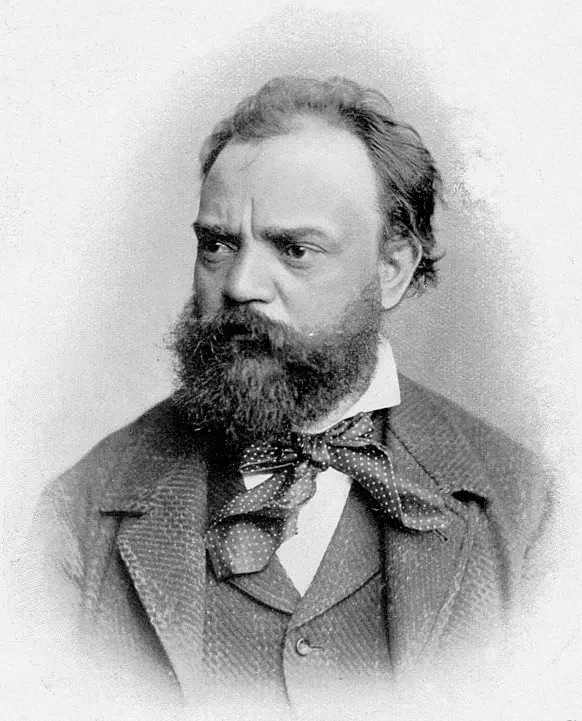Introduction
Felix Mendelssohn Bartholdy, often referred to simply as Felix Mendelssohn, was a German composer, pianist, and conductor of the Romantic era. Born on February 3, 1809, in Hamburg, Germany, Mendelssohn’s musical genius was evident from a young age. He composed a vast array of works, including symphonies, concertos, chamber music, choral music, and operas. Mendelssohn’s music is known for its lyrical melodies, rich harmonies, and expressive qualities. His contributions to the world of music have left an indelible mark, making him one of the most celebrated composers of his time.
Early Life
Mendelssohn was born into a prominent Jewish family. His father, Abraham Mendelssohn, was a banker, and his mother, Lea Salomon, was a highly educated woman from a distinguished family. From an early age, Mendelssohn displayed exceptional musical talent. He began taking piano lessons at the age of six and quickly progressed, impressing his teachers with his natural ability and prodigious memory. His parents recognized his talent and provided him with the best musical education available.
Musical Training and Development
At the age of nine, Mendelssohn began studying composition with Carl Friedrich Zelter, a respected musician and composer. Under Zelter’s guidance, Mendelssohn honed his skills and developed a deep understanding of music theory and composition. Zelter recognized Mendelssohn’s exceptional talent and introduced him to the works of Bach, Handel, and Mozart, which greatly influenced his musical style.
Major Works and Compositions
Mendelssohn’s body of work is extensive and diverse, encompassing a wide range of genres. One of his most famous compositions is his Violin Concerto in E minor, Op. 64, which is considered one of the greatest violin concertos ever written. Another notable work is his Symphony No. 4 in A major, Op. 90, also known as the “Italian Symphony.” This symphony captures the vibrant and joyful spirit of Italy, showcasing Mendelssohn’s ability to evoke vivid imagery through music.
Connections to other Composers
Mendelssohn had close connections with many influential composers of his time. He was a close friend of Robert Schumann and frequently collaborated with him. Mendelssohn also had a profound admiration for Johann Sebastian Bach and played a significant role in the revival of Bach’s music. He conducted the first performance of Bach’s St. Matthew Passion since the composer’s death, bringing Bach’s music back into the public consciousness.
Character and Philosophy
Mendelssohn was known for his disciplined work ethic and meticulous attention to detail. He believed in the importance of structure and craftsmanship in music, often spending months perfecting his compositions. Mendelssohn’s music reflects his optimistic and joyful outlook on life. His compositions are characterized by their elegance, clarity, and emotional depth, reflecting his belief in the power of music to uplift and inspire.
Life in Leipzig
Mendelssohn spent a significant portion of his life in Leipzig, Germany. He moved to Leipzig in 1835 and became the conductor of the Leipzig Gewandhaus Orchestra, a position he held for over a decade. During his time in Leipzig, Mendelssohn established himself as a leading figure in the city’s musical scene. He founded the Leipzig Conservatory, which became a prestigious institution for musical education. Mendelssohn’s presence in Leipzig greatly contributed to the city’s reputation as a center for music and culture.
Death & Legacy
Tragically, Mendelssohn’s life was cut short at the age of 38. He suffered from poor health throughout his life, and his condition deteriorated rapidly in his final years. Mendelssohn passed away on November 4, 1847, in Leipzig. His death was mourned by the musical community, and his legacy continues to be celebrated to this day.
In conclusion, Felix Mendelssohn Bartholdy was a musical prodigy whose talent and contributions to the world of music are unparalleled. His early training and development, major works and compositions, connections to other composers, character and philosophy, life in Leipzig, and untimely death all shaped his legacy. Mendelssohn’s music continues to captivate audiences worldwide, reminding us of the enduring power of his genius.


